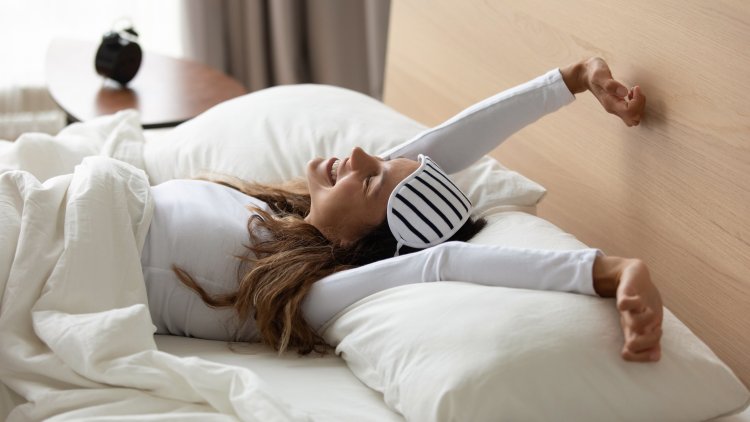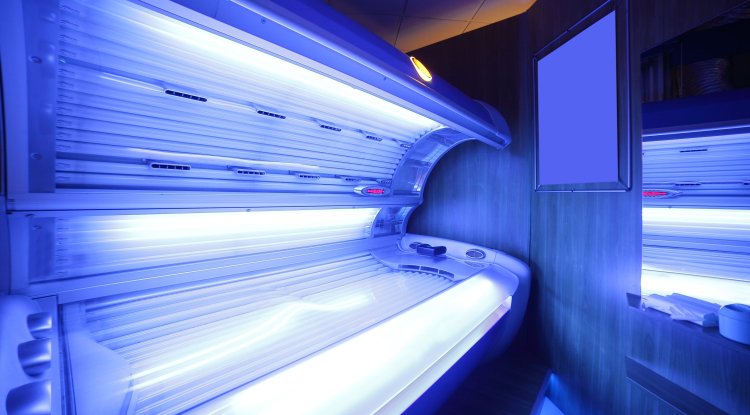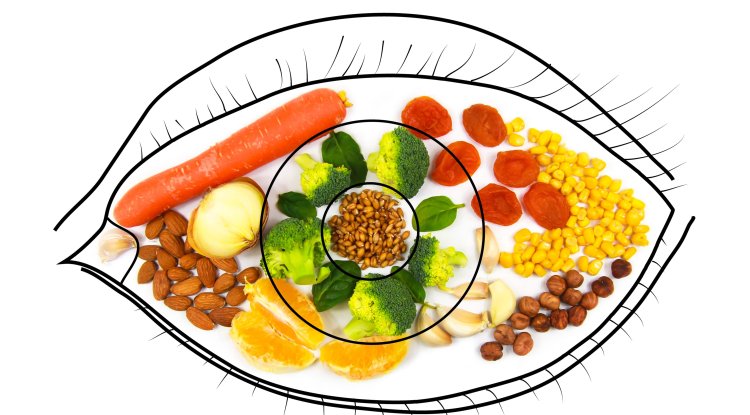Are early birds happier than night owls?
A lot of studies have been done on this topic, and below we will reveal to you the most important findings.

We can often hear that someone is a morning person, which means that they are early risers and feel most comfortable at the beginning of the day. Opposite them are the so-called "night owls", which are more comfortable in the evening and are most productive at that time. These people tend to lie down and wake up later if they don't have any obligations in the morning.
The question arises, what does the sleep rhythm of one and another group of people say about them? A lot of studies have been done on this topic, and below we will reveal to you the most important findings.
Night people are on average smarter than morning people
According to a 1999 study, night people are more intelligent and have a faster ability to process information and better memory. Another study (Begley, 2022) found that both morning and evening people are productive when they wake up according to their sleep rhythm (so morning people earlier and night people later), but the productivity of morning people drops significantly after 10.5 hours of wakefulness, while in nocturnal people it remains stable until the late hours.
Morning people are on average happier than night people
Research has shown that people who wake up early in the morning are more satisfied with their lives than those who need to get out of bed later (Randler, 2007). The fact that such people receive better support from the environment because they better integrate into society, which is most active during the day, also contributes to this.
In the workplace, morning people are productive from the start and easily tolerate standard working hours, which is why they have a better chance of advancing at work compared to "night owls".
Night people are on average more creative than morning people
Both night people and morning people experience bursts of creativity during the day, but studies show that they are more intense in night people. The reason for this could be that morning people live in a normal social routine, while night people had to learn to be creative at an early age to adapt to their different rhythms and lifestyle.
For example, one study (Wang & Chern, 2008) found that more than half of Taiwanese art students felt more creative after 10 p.m. Creativity is best expressed when the mind has a free way to wander, and nocturnal people can take advantage of this in a quiet evening atmosphere without noise and distractions.
Post by: Rinna James




























